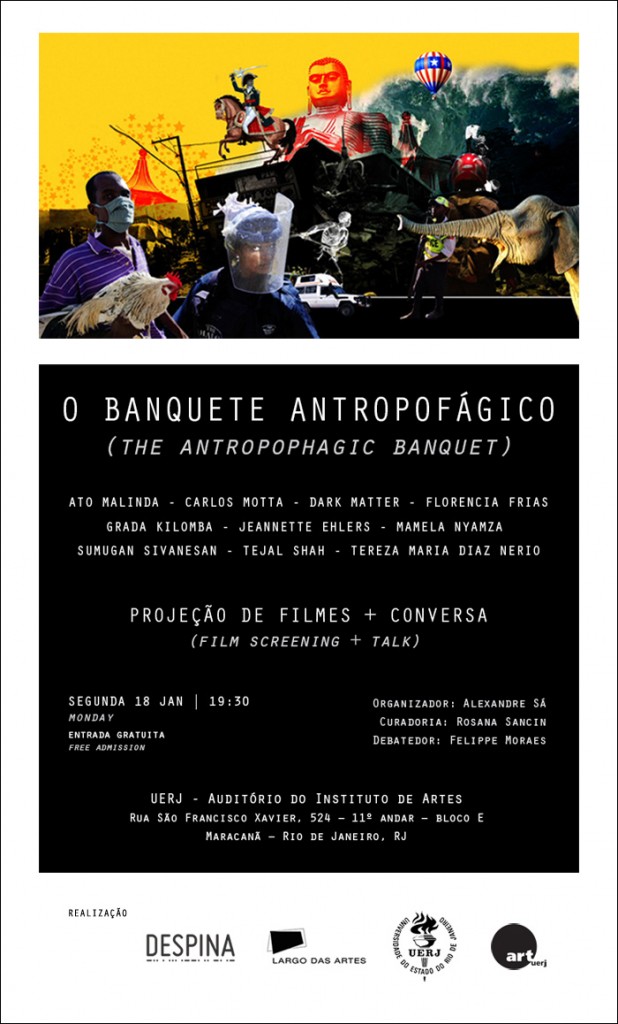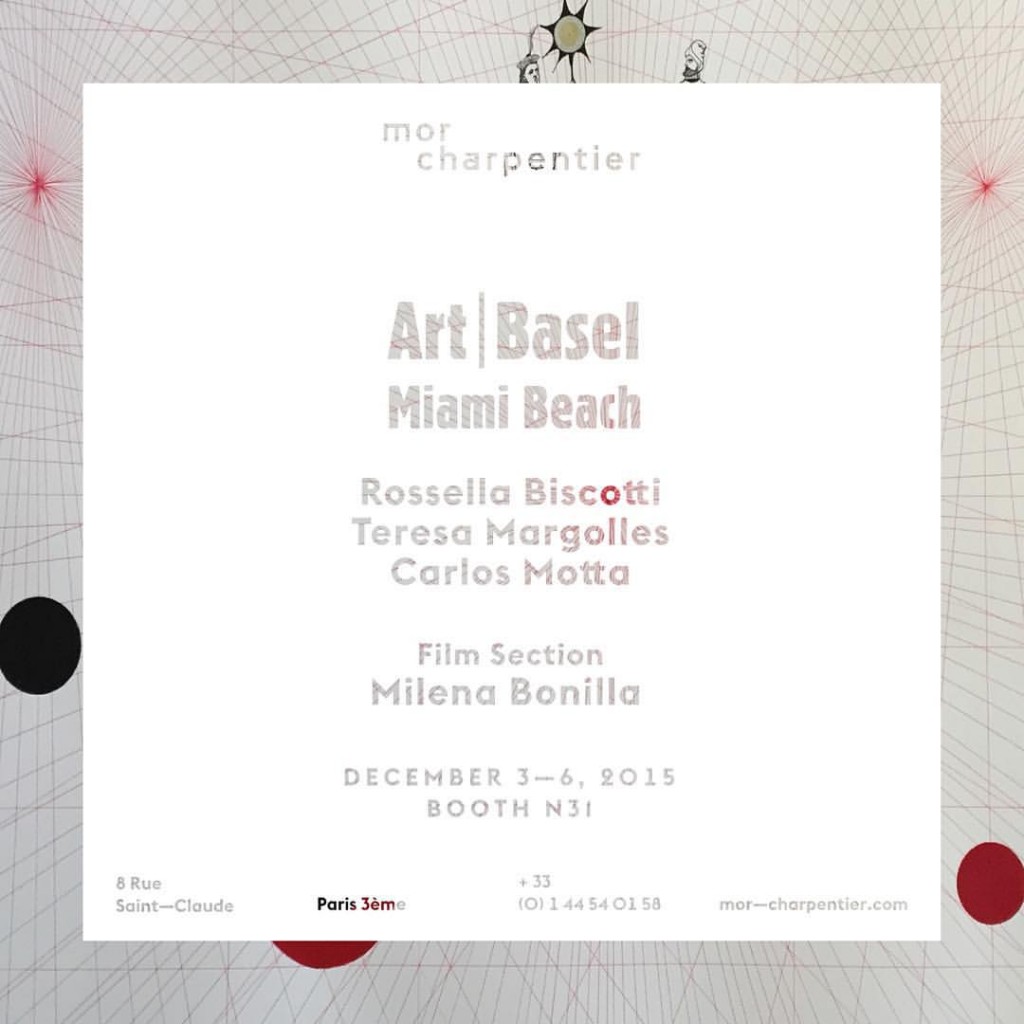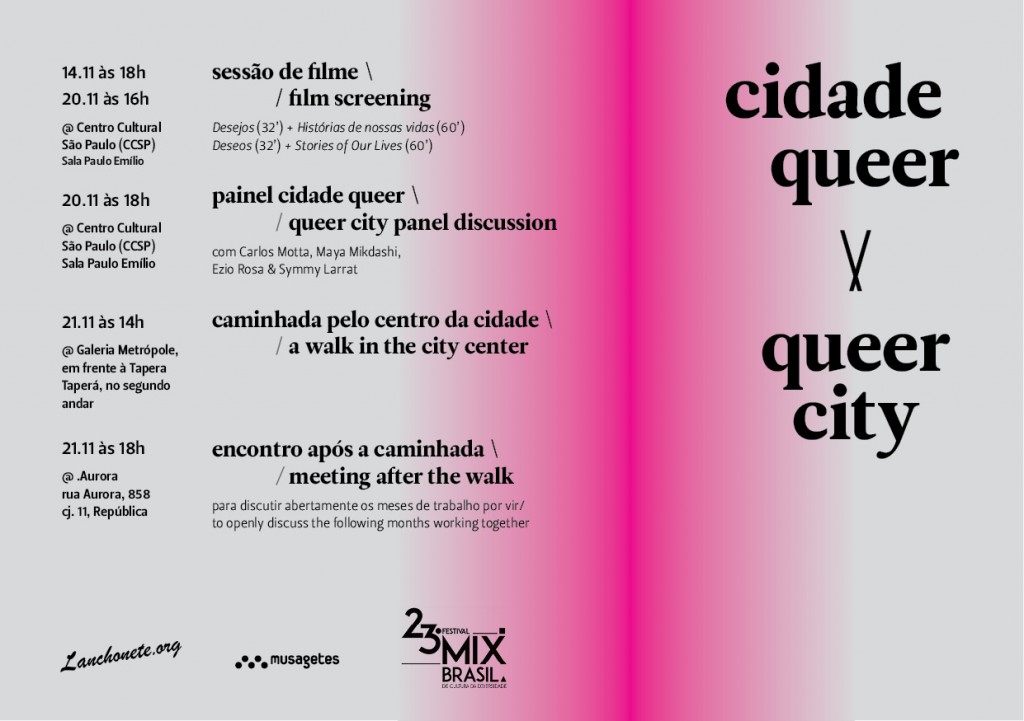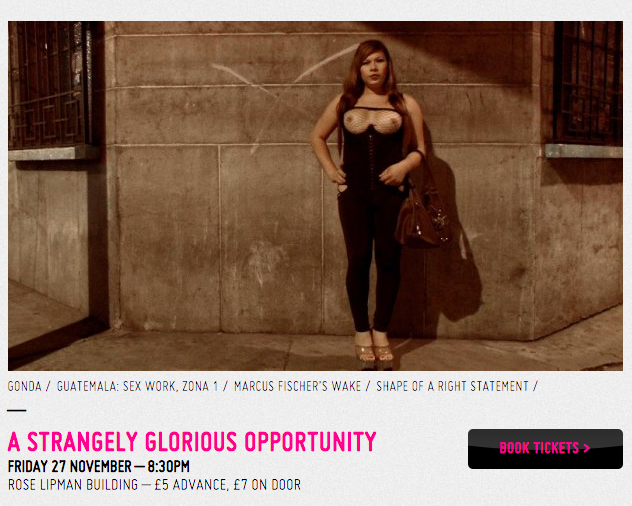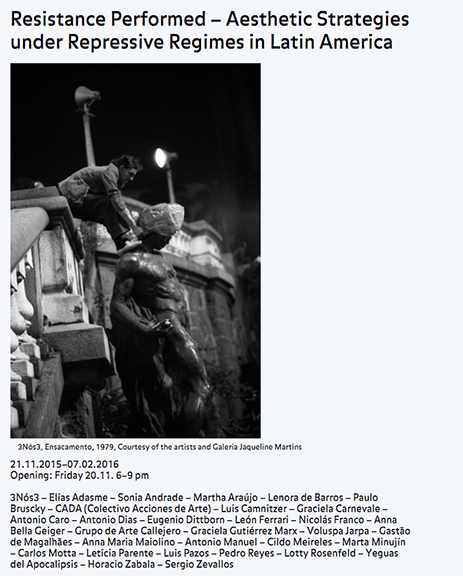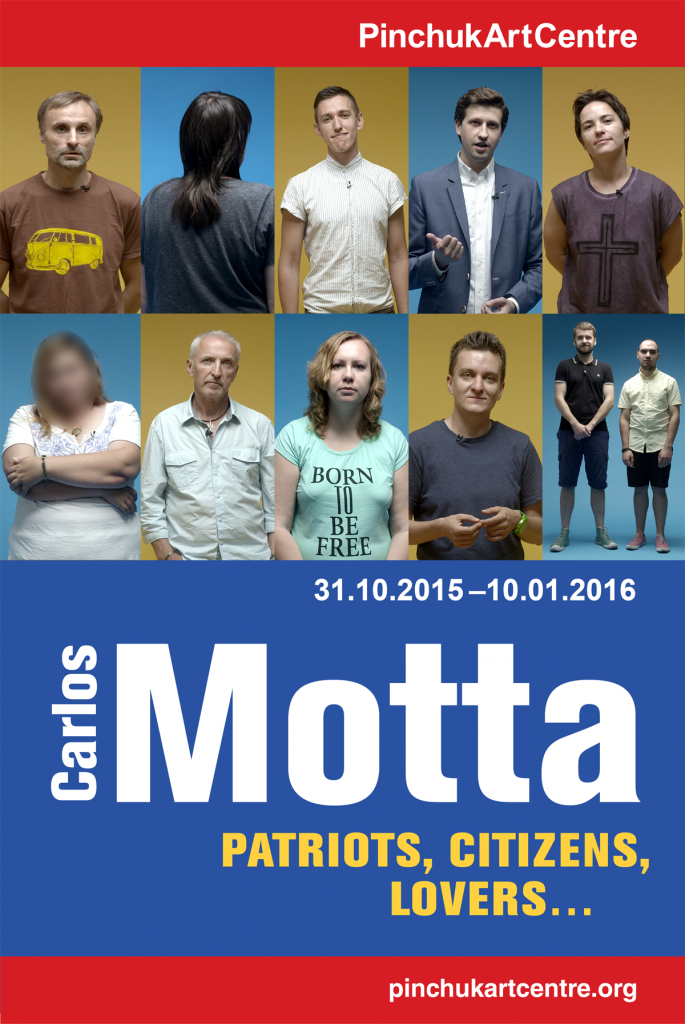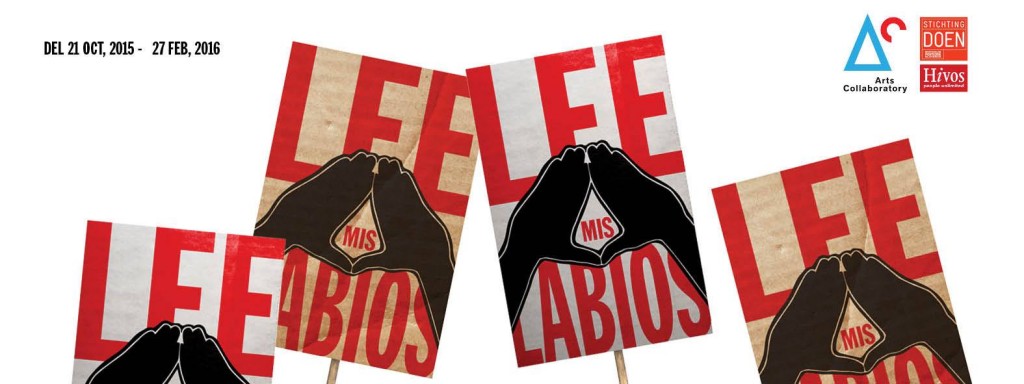News
Best of 2015 | “Patriots, Citizens, Lovers…” in Hyperallergic’s Top 15 exhibitions around the world
December 19, 2015
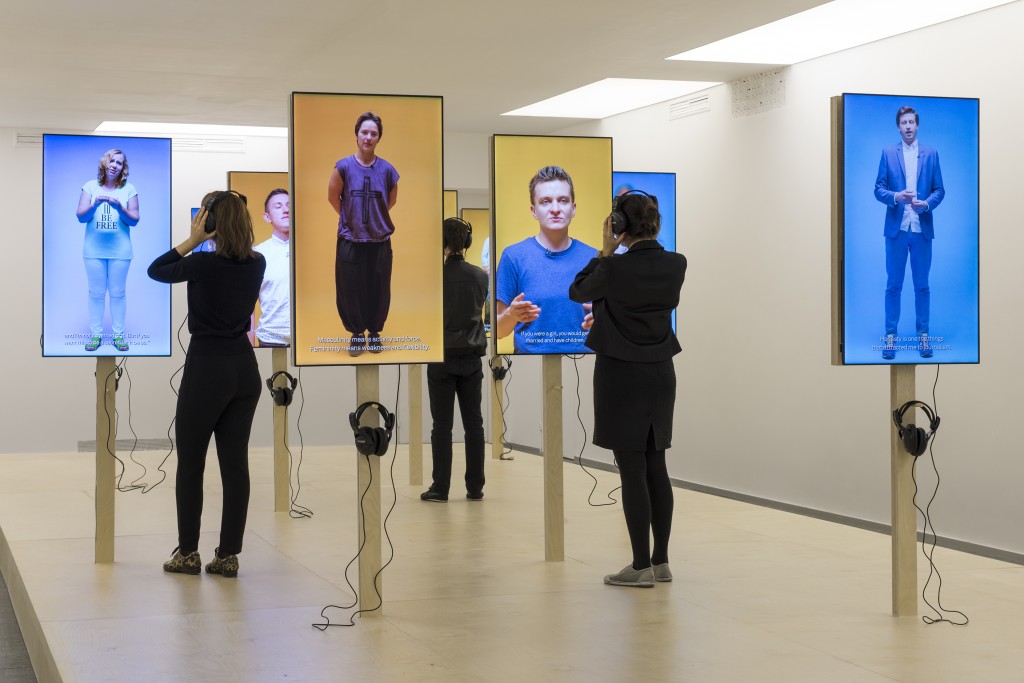 #8 – Carlos Motta: Patriots, Citizens, Lovers… at the Pinchuk Art Center (Kyiv)
#8 – Carlos Motta: Patriots, Citizens, Lovers… at the Pinchuk Art Center (Kyiv)
October 31, 2015–January 10, 2016
Commissioned by the Future Generation Art Prize, an award New York City-based Carlos Motta won in 2014, his Patrions, Citizens, Lovers… can be seen as part of his larger oeuvre that unearths queer histories and activism while refusing to present them as separate from other discourses, in this case Ukrainian nationalism. Working with a journalist familiar with lesbian, gay, bi-, transgender, intersex, and queer activists, Motta interviewed 11 subjects about LGBTQ issues in times of war. Played on a monitor with headphones for intimate viewing, each interview is sensitively edited and avoids becoming didactic and sensational. —AP
more info here
Group Show and Artist Talk | Sofia Queer Forum, December 3 & 9, 2015
December 4, 2015
03.12. – 19.12.2015 / “They will remember us in the future”/, Academy Gallery, NAA
An exhibition with works by: Iskra Blagoeva, Alexander Gerginov, Nilbar Güreş, Daniela Kostova, Viktoria Lomasco, Carlos Motta, Karol Radziszewski, Joanna Rajkowska, Jaanus Samma, Radostin Sedevchev, Yasen Zgurovski; Queer box (curated by Venelin Shurelov, works by: Angel Chobanov and Martin Penev)
The exhibition shows the various types of relations between “I” and “You”. It represents a number of possible ways for people to be together, various “we”-s that create different notions of intimacy and family.
09 Dec., 7 pm / Red House Centre for Culture and Debate
A meeting and discussion with Carlos Motta
Presentation of his project “Gender Talents”, 2015 web-platform that engages with activist movements for gender self-determination within trans- and intersex communities. The artist will speak about other works of his that concern the subjects of democracy, human rights and cultural differences.
more info here
Art Fair | Art Basel Miami Beach, Mor Charpentier Galerie, Dec 3-6, Booth N31
December 2, 2015
Screening | “Deseos” at 23 Festival Mix Brasil de Cultura da Diversidade, Sao Paolo, and panel discussion, Nov 20, 4 & 6pm
November 9, 2015
more info here
Screening | A STRANGELY GLORIOUS OPPORTUNITY, Fringe Queer Film & Arts Fest, Friday 27 Nov. 8:30pm, Rose Lipman Bldg, London
November 9, 2015
Fixed ideas of the natural and the normal are nothing more than structures created over time by dominant systems of oppression. Anything that fails to conform to their structures is automatically suppressed by them. The aim of this project is to explore the fluidity of gender, and the ways in which difference can be seen as an opportunity instead of a hindrance; a form of resistance against the violence of classification. How one’s inability to enter certain societal structures can be seen as an act of criticism and refusal. An opportunity in order to challenge them. One’s ascendancy of choosing what they can be instead of being fixed to what they have been ascribed. The body as a weapon which enables one to explore multiple possibilities not subscribed to by heteronormative conventions. An endless becoming.
A Strangely Glorious Opportunity explores this idea through a scope of different narratives and approaches.
Curated by Panos Fourtoulakis
more info here
Group Exhibition | Resistance Performed – Aesthetic Strategies under Repressive Regimes in Latin America, Nov. 21- Feb. 7, 2016
November 9, 2015
The exhibition Resistance Performed—Aesthetic Strategies under Repressive Regimes in Latin America presents stratagems artists devised to articulate dissent. The focus is on historic positions from Argentina, Brazil, Chile, Colombia, Peru, and Uruguay since the late 1960s that bear witness to how oppositionists worked—and often risked their lives—to offer resistance to Latin America’s repressive political systems. The show highlights strategies of linguistic self-empowerment in the formats of performance art, interventions, and actions as practices of resistance. These pieces are presented in dialogue with works by contemporary artists from Central and South America who address the repercussions and lingering effects of dictatorial regimes. The selection is designed to unearth positions that have sunken into obscurity and draw attention to others that have not yet received the art-historical attention they merit.
A companion book including contributions by Rodrigo Alonso, Miguel A. López, Heike Munder, Nelly Richard und Cristiana Tejo will be published by JRP|Ringier.
more info here
Group Exhibition | MDE15, Nov 6 – Mar 2016
November 9, 2015
more info here
Solo Exhibition | “Patriots, Citizens, Lovers…” at PinchukArtCentre, Kiev
November 2, 2015
more info here
Group Exhibition | “Read my lips” at TEOR/éTica, San José, Costa Rica
October 13, 2015
This exhibition aims to explore the various uses of language in the process of criticism and resistance from feminism, gender and sexuality, both in the field of art and activism. The title “Read my lips” is a direct interpellation to the visitor. All the assembled pieces are a stubborn exercise to communicate that, which, in some contexts, isn’t allowed to be spoken of aloud, that which is persecuted or banished to underground space and symbolic illegality. Read my lipsThe exhibited projects seek to create other forms of speech, alternative communication systems, codes of self-defense and confrontation against the violence frames that still today, are imposed on our bodies. It is about breaking the silence under every circumstance, declaring and shouting despite all consequences.
Artistas/Artists: Lucy Argueta (Honduras), Victoria Cabezas (Costa Rica), Giuseppe Campuzano (Perú), CUDS (Coordinadora Universitaria de Disidencia Sexual) (Chile), Erreakzioa – Reacción (España), Jaume Ferrete (España), fierce pussy (EEUU), Bob Flanagan (EEUU), Regina Galindo (Guatemala), GANG (EEUU), Roberto Guerrero (Costa Rica), Solange Jacobs (Perú), Jeleton (España), Zoe Leonard (EEUU), Priscilla Monge (Costa Rica), Carlos Motta (Colombia) con José Daniel Clarke (Costa Rica), Mujeres Públicas (Argentina), Daniela Ortiz (Perú), Jorge Pineda (República Dominicana), Victoria Santa Cruz (Perú), Beth Stephens & Annie Sprinkle (EEUU) en polinización cruzada con Guillermo Gómez-Peña (México), Wu Tsang (EEUU).
Curator: Miguel A. López
more info here
